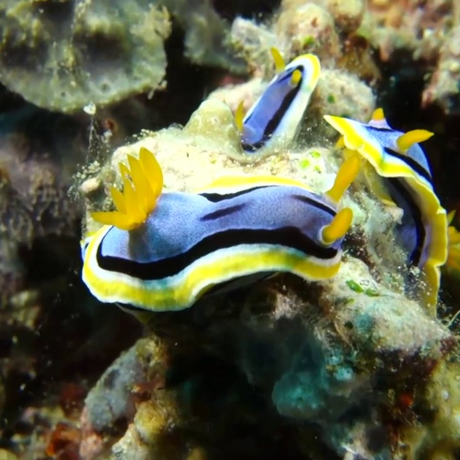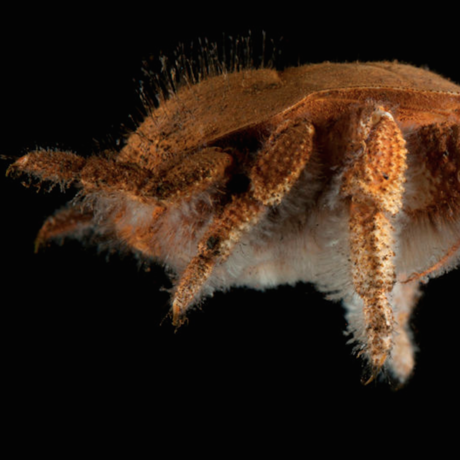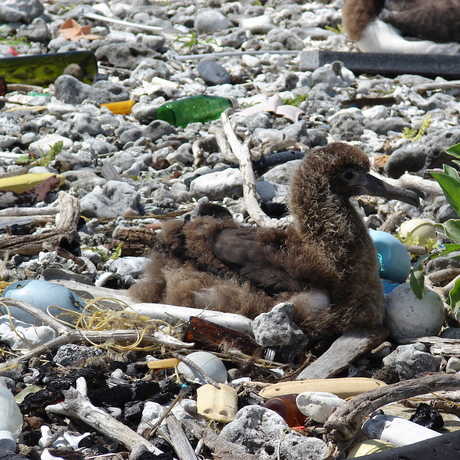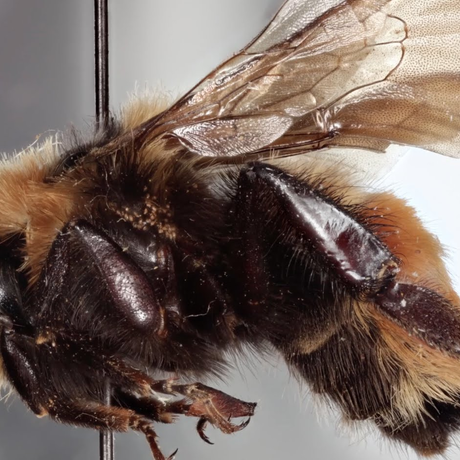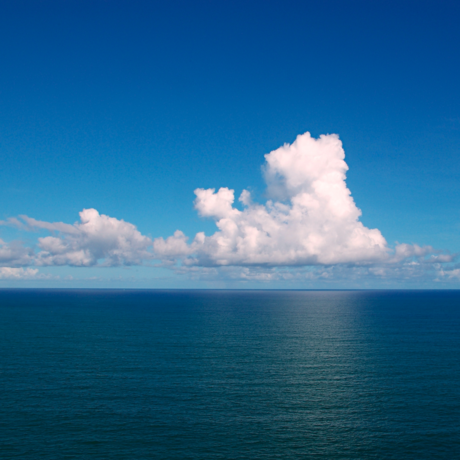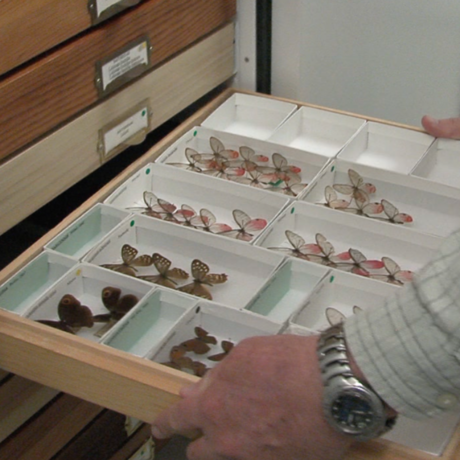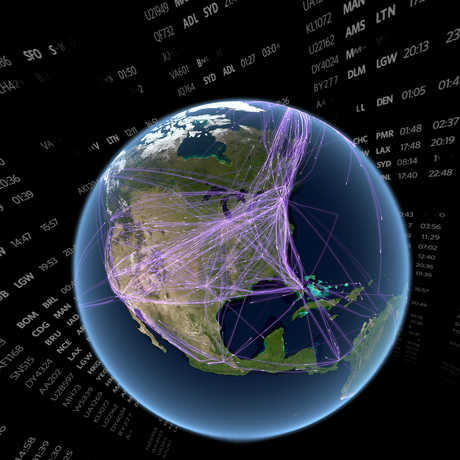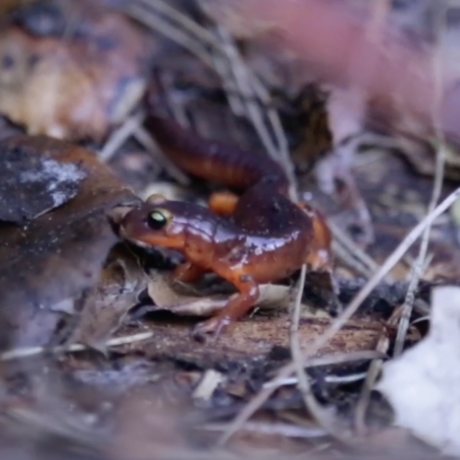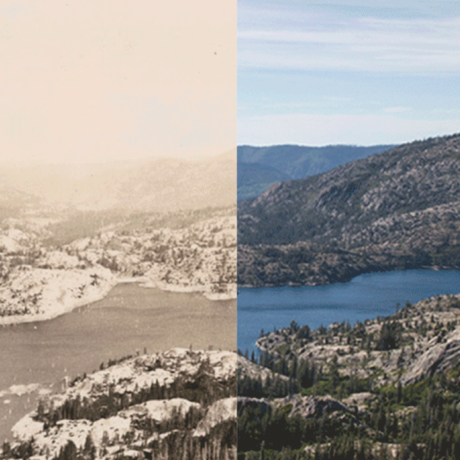Today's post is Science Today's last. Thanks for joining us these past eight years!
Featured Articles
Ecologically- and economically-rich coral reefs occur in very specific places on our planet.
New species finds include a succulent plant, worms and crustaceans near a hydrothermal vent and desert bees.
How can we effectively communicate the urgency around plastic pollution in the ocean to effect change?
By taking high resolution images of our collections, the Academy is making our specimens available to the world.
Can the high seas be sustainably managed to protect it from overfishing?
Specimens collected hundreds of years ago benefit from today's technology to aide conservation efforts.
Some solutions to going carbon neutral or even carbon negative...
Will there be enough food as we reach 9 billion people on this planet?
There is fear that a new lethal fungal disease in Europe will spread to North America's salamanders.
Our forests are changing, in large part due to water availability.
Corn could be one of the biggest examples of how humans have manipulated the natural world.

